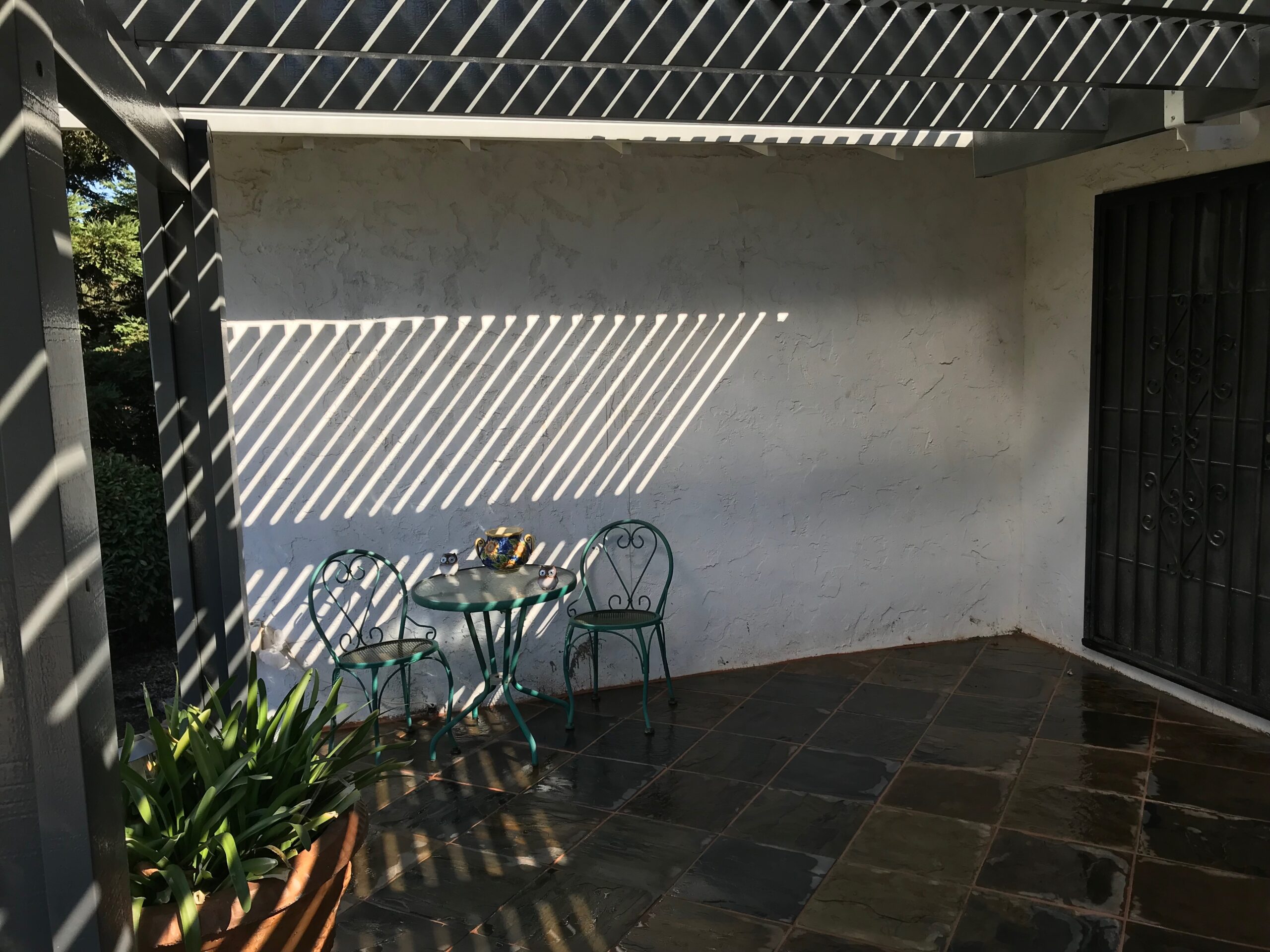Encinitas Concrete Wall
Excellent Concrete Wall Contractors in Encinitas, CA
Get Your Quote for Concrete and Masonry
Call (760) 283-6733

Concrete walls are built to divide space in buildings. They are load-bearing structures that transfer loads from the floor to the foundation of the wall below it. Concrete walls are desirable in earthquake-prone areas as they exhibit satisfactory performance during earthquakes. Thus, it guarantees the safety of the structure.
To avoid such issues, include professionals from Encinitas Pro Concrete Co. Contact us today at (760) 283-6733 for concrete wall installations in Encinitas.
Considerable precautions should be taken during the construction of these walls to ensure they perform as they should. In addition to proper construction procedures, the raw materials for building concrete walls contribute to the performance and longevity of the walls.
Materials Used in Construction on Concrete Walls
The materials used should conform to the industry standards and specifications, such as ACI 318-14. Materials used include:
- Cement. Though there are many types, Portland cement is the most recommended
- Sand
- Steel reinforcement
- Aggregate
- Admixtures
- Formwork materials. It could be wood, plastic, steel, or aluminum.
Concrete is an engineering material composed of water, aggregate, and cement. As a building material, it ranks low in tensile strength, high in compressive strength, and high in fire resistance. Concrete comes in various forms ranging from ready-mixed, which is delivered from batching plant in mixer trucks or dry premix that comes in bags.
The strength of concrete walls is determined by the quality of the cement, distribution of sand, and the amount of water used. Water plays an essential role in the strength that the concrete develops. The aim is to use the least amount without affecting the workability of the concrete. Curing methods also govern the sturdiness of the walls. The standard curing method involves keeping the walls moist at a temperature of 500F for about seven days. However, it takes a month for the walls to approach full strength.
Engineering Equipment used in Concrete Wall Construction
- Concrete mixer and delivery equipment
- Consolidating and finishing machinery
- Safety gear for workers
Construction Process
1. Place Reinforcement Materials
Walls with a thickness of 100 mm require one layer of reinforcement. Reinforcement bars are placed in two layers for walls thicker than 200 mm. The standard reinforcement material is steel. Steel bars are placed vertically and horizontally in a grid pattern.
2. Formwork
Installing the formworks is the next step. Several types of formworks can be used, including wood and plastic. The formworks chosen should be sturdy enough to resist the pressure of concrete.
3. Construct Joins
The joints should be located strategically, so they don’t affect the strength of the concrete walls. Roughen the concrete at the intersection of joins to create stronger bonds between the previous and newly installed concrete.
4. Produce Concrete
For impressive results, concrete should be mixed in batching plants where strict measures are in place to ensure quality.
5. Pour Concrete
Fresh concrete is poured on the formworks using pumps or any other available technique. Wet concrete should be consolidated immediately after placement.
6. Remove Formworks
The formworks can be uninstalled 1-2 days after concrete placement. This process should be done with utmost care. One of the methods used to remove formworks is by hot air curing.
7. Curing the walls
The curing period and techniques are highly dependent on environmental conditions. If the formworks are left in place, the surface should be kept moist. Formworks help retain the moisture, hence faster drying of the walls.
Benefits of Concrete Walls
Economical
The raw materials for constructing concrete walls are available at a low cost in most local markets.
Water-resistant
Unlike other walls such as wooden walls, concrete walls can withstand exposure to water without deterioration.
Require Minimum Maintenance
Unlike steel walls, concrete walls do not require regular painting or coating to protect them from weathering. You may be required to clean the walls once in a year and inspect for cracks.
Durability
Concrete walls last for centuries. Some of the ancient structures, including Pantheon, were made of concrete.
Limitations of Concrete Walls
Should you decide to change the type of wall, concrete walls are quite complicated to remove. You may be required to break the entire wall and clean the debris.
Conclusion
Construction of concrete walls is a delicate phase of any project. Each step of the application calls for the utmost care. A mistake may mean bringing the entire wall down.
To avoid such issues, include professionals from Encinitas Pro Concrete Co. Contact us today at (760) 283-6733 for free estimates.

